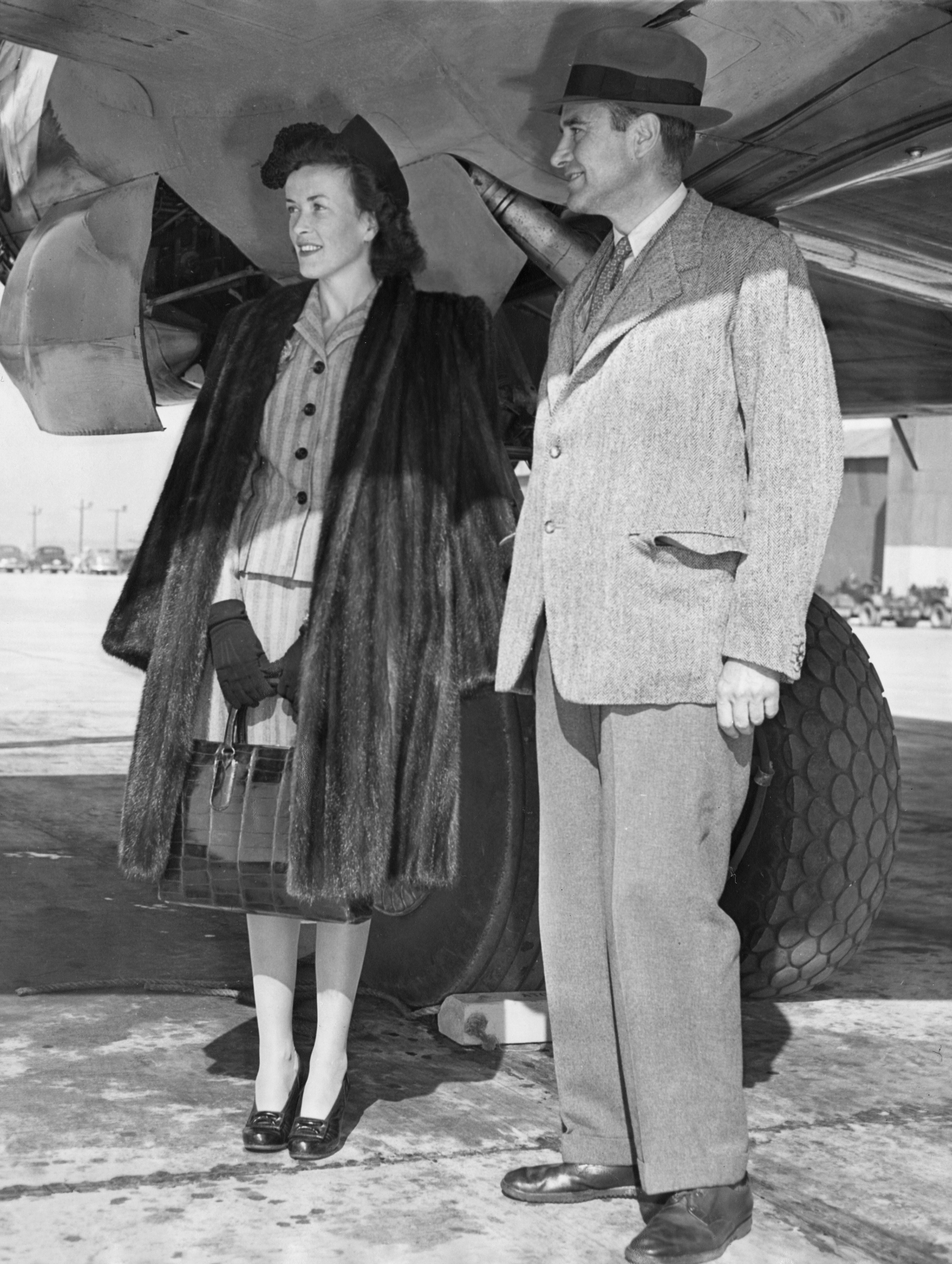Here’s what really unfolded at Chequers, Winston Churchill’s country estate, following Japan’s surprise attack on America’s Hawaiian naval base on December 7, 1941.
Q: I’ve heard that Winston Churchill was hosting a party for prominent Americans when news of Pearl Harbor broke and that none of the Americans knew where Pearl Harbor was. Any truth to that story?
—Harsha Muni, Santa Ana, Calif.
A: Churchill was indeed hosting prominent Americans on December 7, 1941, but the party in question was held the previous night. All the Americans there on the seventh knew where Pearl Harbor was, but one Englishman was confused.
As cited by historian Cita Stelzer in her 2013 book, Dinner with Churchill, Roosevelt representative Averell Harriman and his daughter Kathleen were invited to Chequers, the prime minister’s country residence, for the weekend. Kathleen’s 24th birthday, on December 7, was celebrated the evening of Saturday, the sixth. Harriman, in his 1975 memoir Special Envoy (written with Elie Abel), remembered a birthday cake as well as Churchill offering a toast and presenting Kathleen with an autographed copy of his book The River War.
By Sunday, the party atmosphere had vanished, Harriman recalled: “The Prime Minister seemed tired and depressed… immersed in his thoughts, with his head in his hands part of the time.” Clementine Churchill, the prime minister’s wife, felt unwell and was absent at dinner. The diners were Churchill; his naval aide Commander Tommy Thompson; John Martin, one of his private secretaries; his military assistant General Hastings Ismay; Pamela Churchill, then his daughter-in-law; the two Harrimans; and U.S. Ambassador John Gilbert Winant.
Around 9 p.m. Churchill’s butler, Frank Sawyers, brought in a portable radio, and they heard the news of a Japanese attack on America. (The attack began at about 7:50 a.m. in Hawaii, which was 6:20 p.m. in London.) There was momentary confusion: Thompson, the British naval aide, thought the announcer had said “Pearl River.” But it soon became clear that Japan had bombed the U.S. naval base in Hawaii.
Snapping out of his lethargy, Churchill put in a call to Washington. “It’s quite true,” said President Franklin D. Roosevelt. “We are all in the same boat now.” ✯
—Richard M. Langworth (richardlangworth.com) is senior fellow for the Hillsdale College Churchill Project (winstonchurchill.hillsdale.edu), which offers subscriptions to scholarly discourse on Sir Winston’s life and times.
SEND QUERIES TO: Ask World War II, 901 N. Glebe Road, 5th Floor, Arlington, VA 22203 OR EMAIL: worldwar2@ historynet.com
This article was published in the December 2021 issue of World War II.





